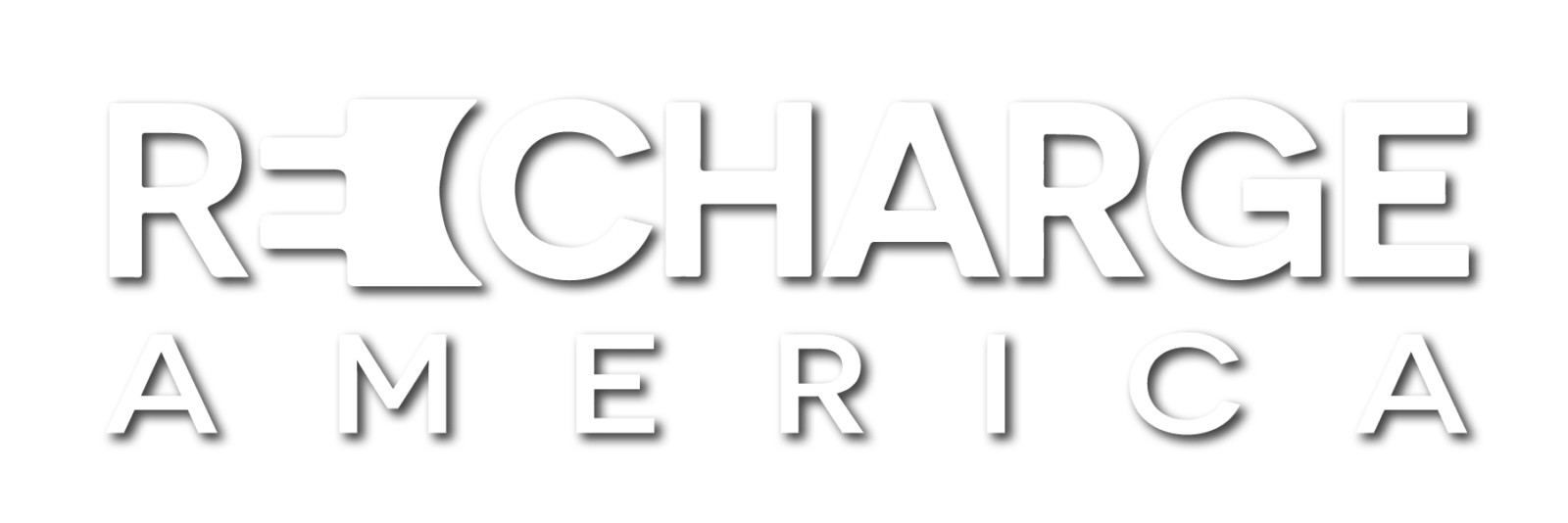Over 320 energy leaders, innovators, and community partners gathered for the first-ever Minnesota Energy Innovation Summit on Monday, October 13, at the McNamara Alumni Center at the University of Minnesota. The day was dedicated to advancing transportation electrification, community collaboration, and innovative energy solutions across the state.
Recharge America was proud to serve as one of the entities that helped initiate the event and support as an event planning and programming partner, helping bring together voices from Minnesota’s public, private, and nonprofit sectors on this important topic. Together with our partners Grid Catalyst, Beneficial Electrification League, and the University of Minnesota’s Center for Electrification Opportunity, Center for Transportation Studies, and Technological Leadership Institute, the Summit offered a full day of thought-provoking discussions, interactive sessions, and invaluable networking opportunities designed to accelerate local action toward statewide goals.
This event would not have been possible without our generous event sponsors: Great River Energy, The Toro Company, Thermo King, Xcel Energy, Avisen, CleanCounts, Defence Alliance, SVL, and Design Ready Controls.
Among the day’s highlights was Recharge America’s session, “Mapping an Electric Future: Mankato’s Example,” featuring Ashley Eimer (Mankato Area Foundation) and Jon Olseth (Olseth Family Foundation).
This session provided an opportunity to highlight how the City of Mankato is developing a practical, community-driven roadmap for implementing a range of electrification measures throughout the city, offering a replicable model for other communities across Minnesota and beyond. Attendees participated in a discussion on how local government, businesses, nonprofits, and residents came together to identify priorities, overcome barriers, and plan investments in a range of electrification projects that could support a variety of community goals.
Ashley and Jon emphasized the importance of aligning local initiatives with state and federal funding opportunities, to the extent they are available, to help ensure that community voices guide innovation and that electrification efforts deliver tangible benefits. Mankato has projected that electrification projects, including EVs, heat pumps, home solar, electric fleet, and agricultural initiatives, could generate over $10 million annually for the community if they are aggressively developed over the coming years.
Minnesota continues to model what’s possible when collaboration, innovation, and local leadership power the transition to a cleaner, more connected energy future.






